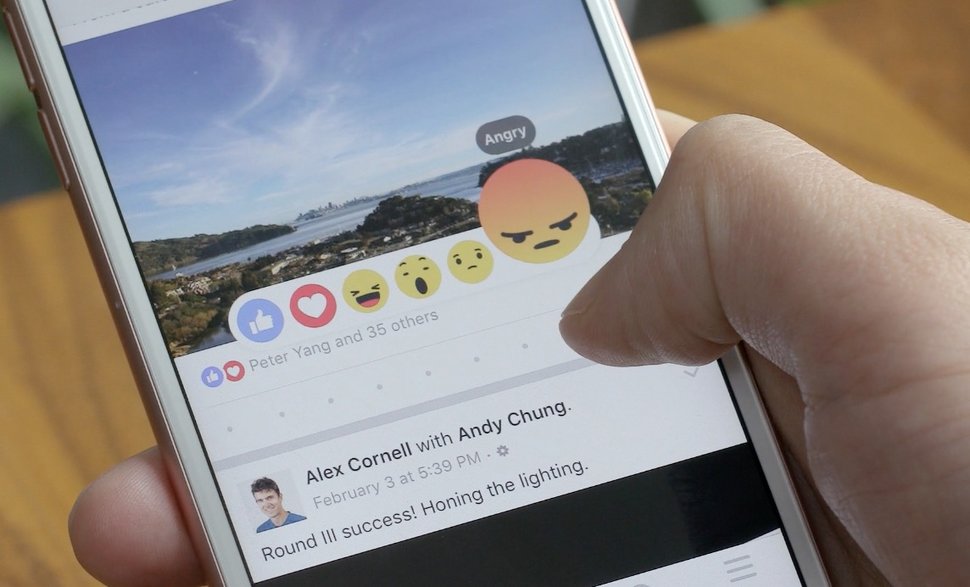5 Things To Keep In Mind Before Jumping On The Bandwagon And Roasting Someone Online
It's important to not confuse sharing your opinion and spreading lies.
It starts off like any other day. You're mindlessly scrolling through social media and find an article you're interested in. *Click*
When you're done reading, you scroll down to the comments to see what other people are saying, and maybe even leave one of your own.
And boom!
Suddenly you find yourself in the thunderdome. Everyone replying back at forth, fighting to the death to defend their opinions and prove why theirs is the only correct one.
Of course, there's nothing wrong with expressing your opinion online. In fact, you should speak out, especially when it's to point out something wrong like racisim or sexism.
But sometimes, we can get a little too carried away. It's not uncommon to see online comment sections filled with people just all out fighting over a particular issue. Calling each other names lah, spreading fake news lah, sending threats lah... all this has gotta stop.
Online discussions should definitely continue. They are an important part of helping society grow, develop, and head towards a brighter future that we build together. But there are certain steps we can take to ensure that these discussions actually serve their purpose and don't get out of hand.
1. Always focus on the topic. Never resort to personal attacks.
When someone disagrees with you, it can be so easy to resort to personal attacks like calling them stupid, uneducated, or worse. Some people even start threatening the other party, or saying truly horrible things like telling someone to die and insulting their family.
This is when you cross the line and enter cyberbullying territory. Personal attacks are NEVER OKAY, no matter how much you disagree with the other person.
Stay focused on the topic at hand instead. Use logic, reason, and sound arguments to make your point. Educate, don't hate.
2. Make sure you have references and links to back up your claims
Of course, you don't need a proper bibliography haha, that one a bit melampau lah. But it's always good to have some resources to back up what you're saying. It can be as simple as quotes from a reputable source or links to an online articles and videos.
When you include resources, you're not only making what you say more credible, you're also helping to educate others on that issue you feel strongly about. So it's a win-win for everyone.
3. And more importantly, make sure that your references are legit
Senang je people say whatever they want online, and some even claim that they have all this evidence to back them up. But is what they're saying actually true? With so much fake news out there, it can be hard to separate fact from fiction.
That's why you should always research any claims you want to make. Check out reputable news sites and official government portals to find out if something is real.
4. Be open minded and listen to the other side of the discussion. It's okay to agree to disagree.
So, someone disagrees with you. Instead of immediately jumping down their throats, how about you keep an open mind and listen to their side of the story first? Perhaps they have a valid reason for their opinion.
Listen to what they have to say before sharing what you think. At the end of the day, you won't be able to convince everyone to agree with you, and that's okay.
Sometimes it's best to just agree to disagree and walk away from the conversation. You don't have to win every battle, no one's keeping count.
5. Remember that you have the freedom to say whatever you want, but that doesn't mean freedom from consequences
As MCMC puts it, we have the freedom of speech, not the freedom to lie. Both online and in real life, it's up to us to speak responsibly, think critically, and express truthfully.
Don't just accept everything you see and read online as the truth. Do your own research to find out how credible it is before sharing. It's important to not confuse sharing your opinion and spreading lies.
Be careful about spreading fake news, especially if it's about a particular person. With how fast people jump on the hate bandwagon, even if the news is proven as false later, the damage will have already been done.
We should never stop speaking up and trying to improve society. But at the same time, it's important to do it the right way.
Remember to always think critically and act responsibly. Together, we can reduce fake news and end the life-ruining lies.
Don't believe everything you see online, especially if it's from an unverifiable source. When in doubt, don't share, and do your own research instead.





